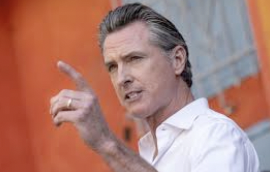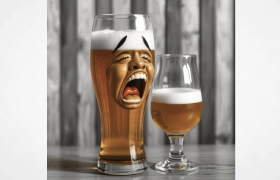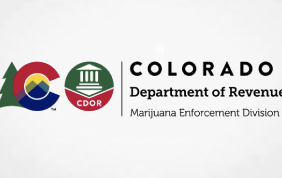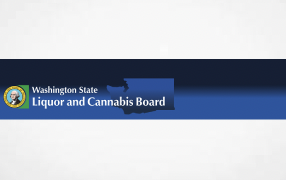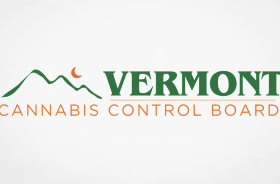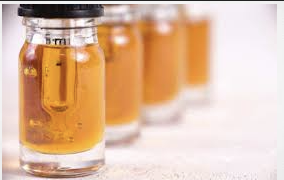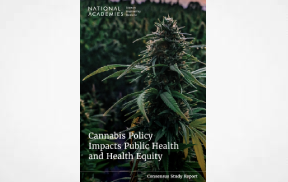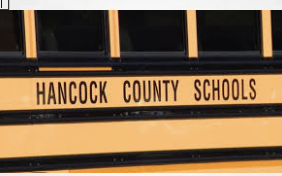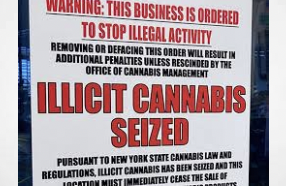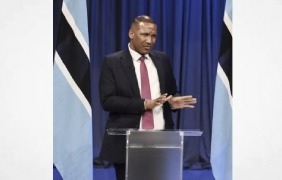Aaron Pelley Cultiva Law writes…
As widespread cannabis legalization and mainstream normalization sweep across the American states, so too do the opportunities for social events and venues that allow cannabis consumption. Once relegated to people’s living rooms due to public consumption laws that are oftentimes restrictive, states such as Nevada and Colorado are passing very beneficial bills and local ordinances that allow for innovative cannabis consumption lounges to operate within their borders. Especially in a city so heavily powered by tourism such as Las Vegas that receives millions of annual tourists that consume cannabis in one form or another, the many economic and employment-related opportunities for these consumption lounges are endless. Like a “weed bar” but with budtenders instead of bartenders, these lounges could provide a memorable experience in a multi-faceted way that smoking in your living room simply can’t.
For any state with a recreationally legal cannabis market and legislation implemented, these consumption lounges could be the saving grace and a golden opportunity that many states need after a troubling year where multiple legal states experienced an annual sales decline that nearly reached into the double digits. In Nevada, the passing of Assembly Bill 341 and the opening of the consumption lounges will likely provide revenue to the currently struggling industry that experienced a total sales decline of nearly $115 million compared to the previous fiscal year. As for Colorado, they have at least three years more of cannabis experience when compared to any other state that may authorize consumption lounges.
However, in the state that served as the catalyst for the vast expansion of medical cannabis legislation, California Governor Gavin Newsom vetoed a creative bill that would have authorized dispensaries to have further opportunities for success by selling non-infused food and beverages and hosting live music events within their properties.
Commonly called The Cannabis Cafe Bill, Assembly Bill 374 could have been revolutionary for the Golden State’s cannabis industry which suffered a total sales deficit of 8.2 percent or an astonishing $400 million from 2021 to 2022. In a state that is so heavily impacted on so many angles by the rampant and out of control illicit market, a bill like this would’ve likely lessened these continuing issues generated by the unregulated and untaxed market, but it apparently wasn’t meant to be.
“This bill would authorize a local jurisdiction, if specified conditions are met, to allow for the preparation or sale of non-cannabis food or beverage products, as specified, by a licensed retailer or microbusiness in the area where the consumption of cannabis is allowed, to allow for the sale of prepackaged, non-cannabis-infused, nonalcoholic food and beverages by a licensed retailer, and to allow, and to sell tickets for, live musical or other performances on the premises of a licensed retailer or microbusiness in the area where the consumption of cannabis is allowed.”
Even with the many multifaceted issues that the state is facing which are causing Californians to leave in droves, the state still has the largest statewide cannabis industry in terms of total sales, at nearly $5.3 billion even during the troublesome fiscal year that their cannabis industry faced. For the California cannabis industry to recuperate from a loss of such a substantial margin, there must be multiple opportunities for streams of income to be presented to business owners. Yet, the governor vetoed a measure that may have very well brought that necessary saving grace. In a response letter addressed to the California State Assembly directly from his office in Sacramento, Newsom discussed his reasoning for vetoing the bill.
bill.
“I appreciate the author’s intent to provide cannabis retailers with increased business opportunities and an avenue to attract new customers.” The governor that faced a recall effort in 2021 stressed, “However, I am concerned this bill could undermine California’s long-standing smoke-free workplace protections. Protecting the health and safety of workers is paramount. I encourage the author to address this concern in subsequent legislation.”
So, while Newsom said he would be open to further legislation to strengthen the cannabis industry in the future and provide the multi-billion dollar industry with the gainful opportunities that it desperately needs, this particular piece of legislation would not be signed into law. This decision is in stark contrast with the overwhelming majority of the California Legislature. AB 374 passed in the Assembly with a vote of 66-9 and in the Senate with a vote of 34-3. In fact, eight California Assembly Republicans and three California Senate Republicans voted in favor of the measure.
Even if AB 374 was vetoed by the governor, several other pieces of cannabis legislation were signed into law by Newsom. One bill, AB 1126 prohibits illicit-grown cannabis products from possessing the California cannabis universal cannabis symbol. Even worse, illicit cultivators will be charged separately for every product found in their possession with this symbol. AB 1171 may be the piece of legislation that might be the answer to the ongoing problems with the unregulated market. This bill would allow compliant cannabis licensees to pursue legal action against illegal cannabis operators if there is sufficient proof that the unlicensed operator directly harmed the operations and revenue of a legal operator.
Yet, California cannabis businesses will have to wait a while longer for attractions that will increase the size and opportunities of their operations.
The post Bill to Allow Amsterdam-Style Cannabis Cafes in California Goes Up in Smoke With Newsom Veto appeared first on Cultiva Law | Cannabis Attorneys.
https://www.lexblog.com/2023/11/26/bill-to-allow-amsterdam-style-cannabis-cafes-in-california-goes-up-in-smoke-with-newsom-veto/

